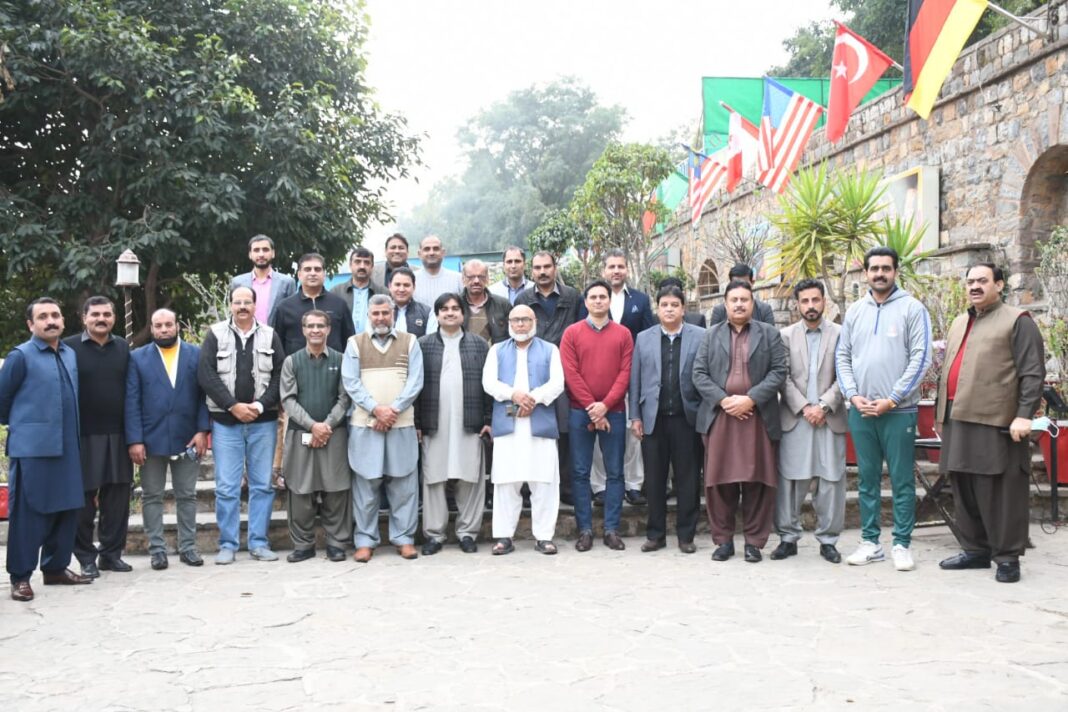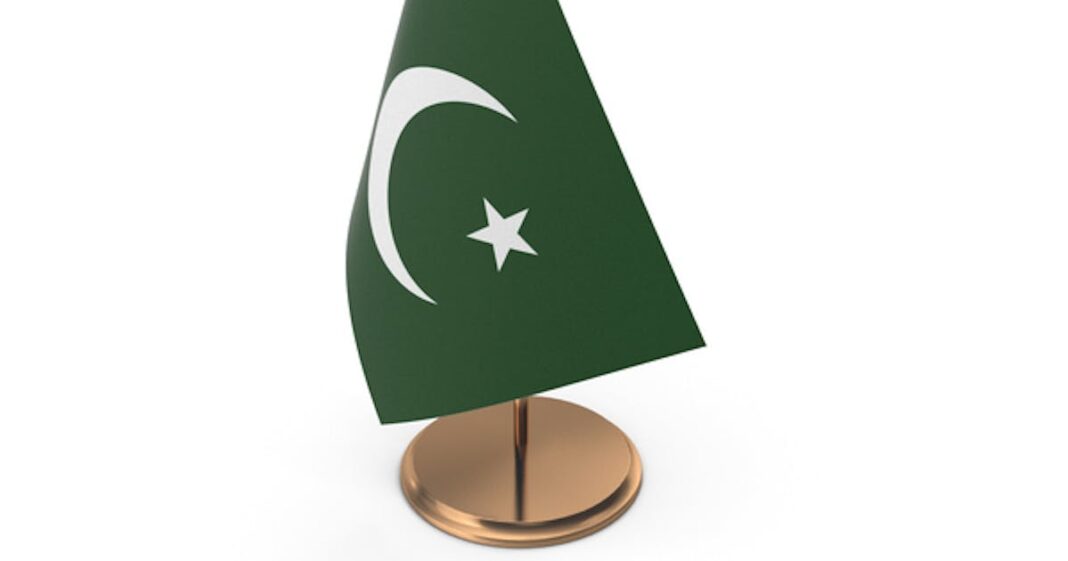OUR CORRESPONDENT
ISLAMABAD: In a dialogue with media organized by Society for Protection of Rights of the Child (SPARC), health activists expressed grief and concern on federal cabinet’s decision to approve SRO to regularize heated tobacco products. According to the health activists, this move will further dent Pakistan’s public health infrastructure and economy.
Malik Imran Ahmed, Country Head, Campaign for Tobacco Free Kids (CTFK) said that tobacco consumption has become a pandemic in Pakistan with over 31 million people consuming tobacco in some form. Around 170,000 people die due to tobacco-induced diseases every year. Tobacco Industry keeps hurting our health and economy by introducing new products.
Malik Imran Ahmed further added that the economic cost of smoking in Pakistan is PKR 615.07 billion which is equal to 1.6% of Pakistan’s GDP but the revenue generated from the tobacco industry is only 20% of the total cost. He said it is depressing to see how much tobacco industry has influence in the policy making. Legalizing heated tobacco products will generate more revenue for the industry but our national exchequer will suffer more due to the diseases caused by these products.
Khalil Ahmed Dogar, Program Manager, SPARC, mentioned that children and low-income people are primary target of tobacco industry. More than 1200 children begin smoke every day in Pakistan and tobacco industry is in hunt for more trial subjects. It is up to the government, civil society, academia and media to unite and put a barrier against this industry which is trying to derail our future by putting our children at risk.





